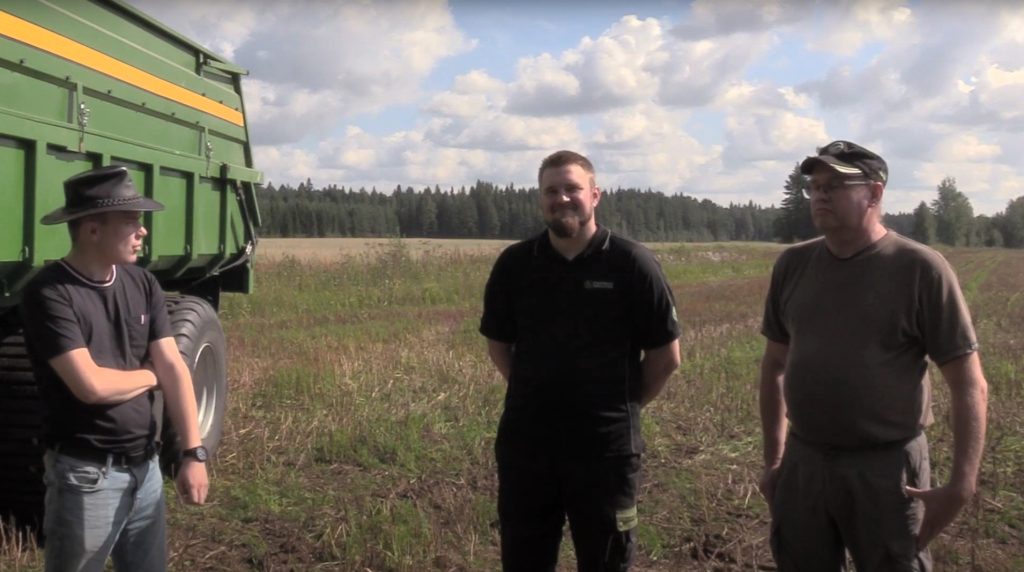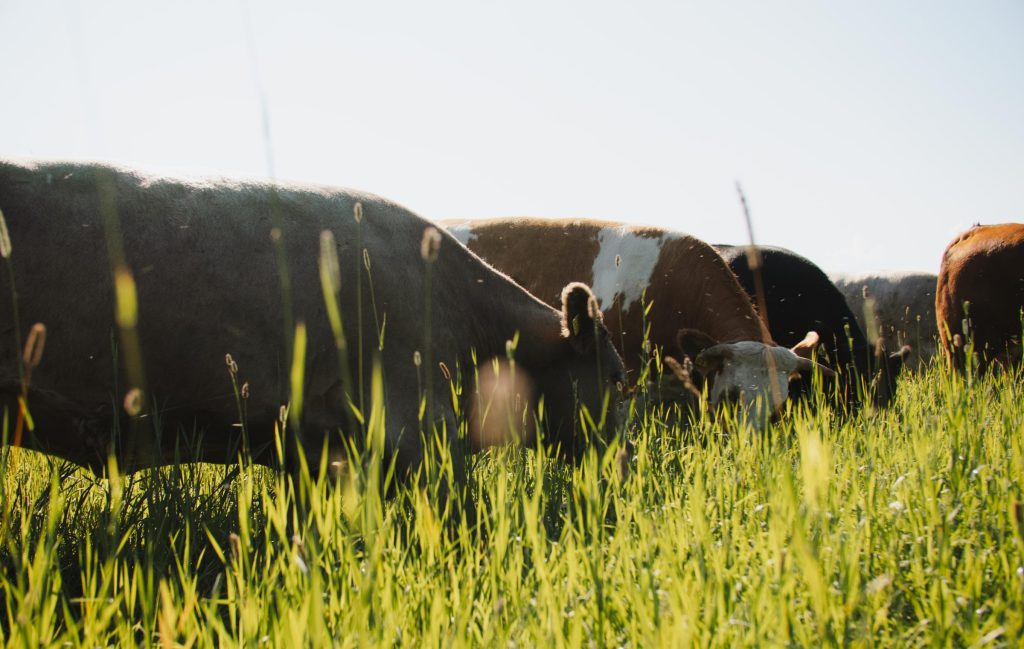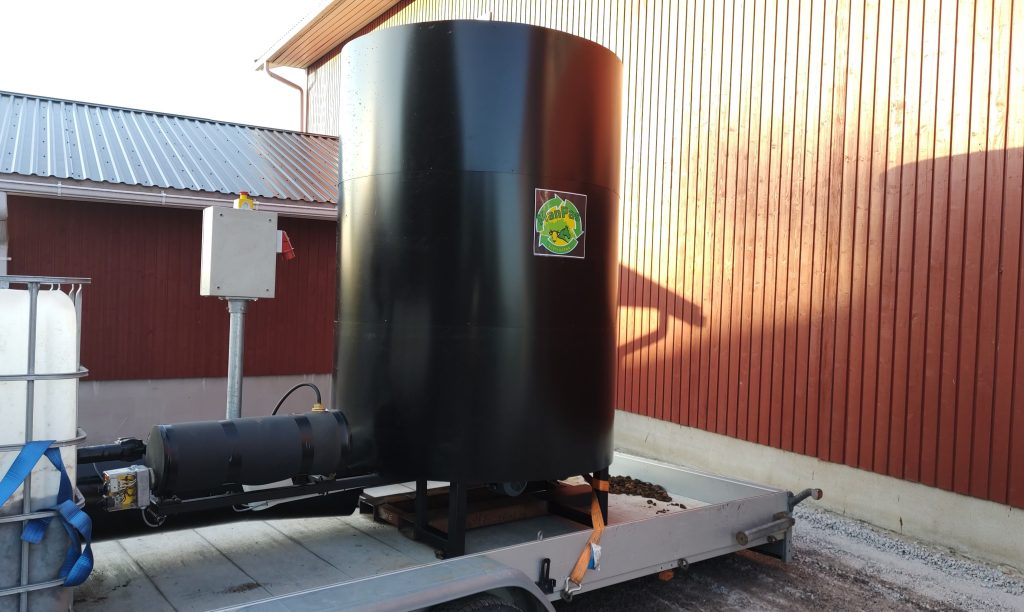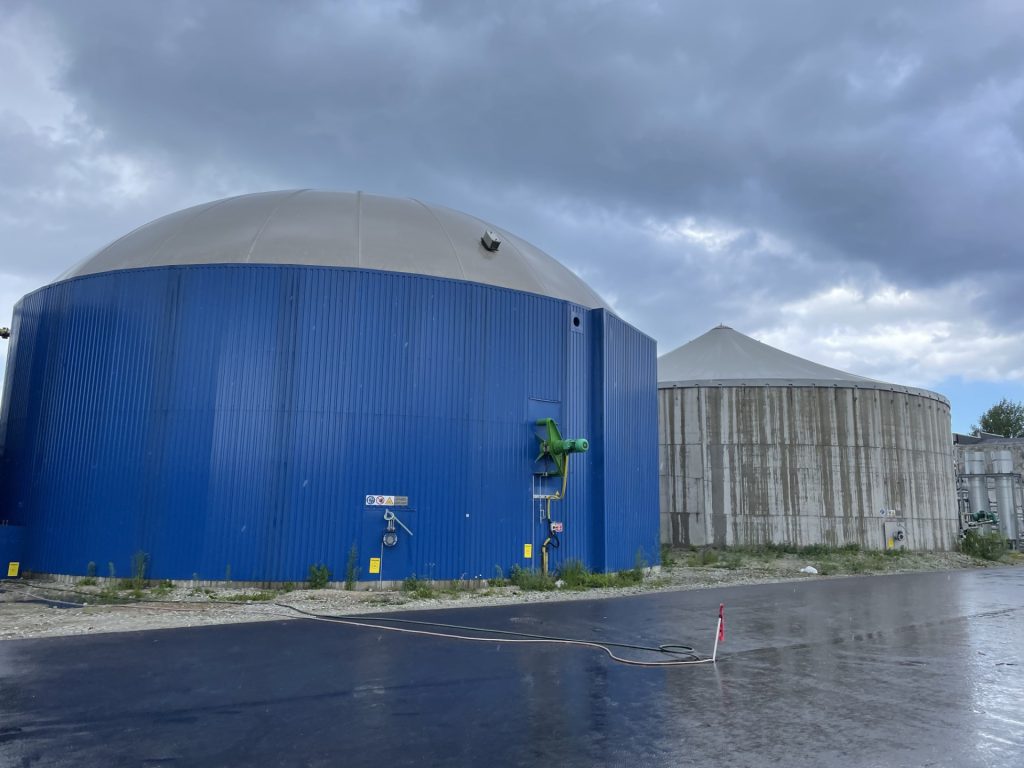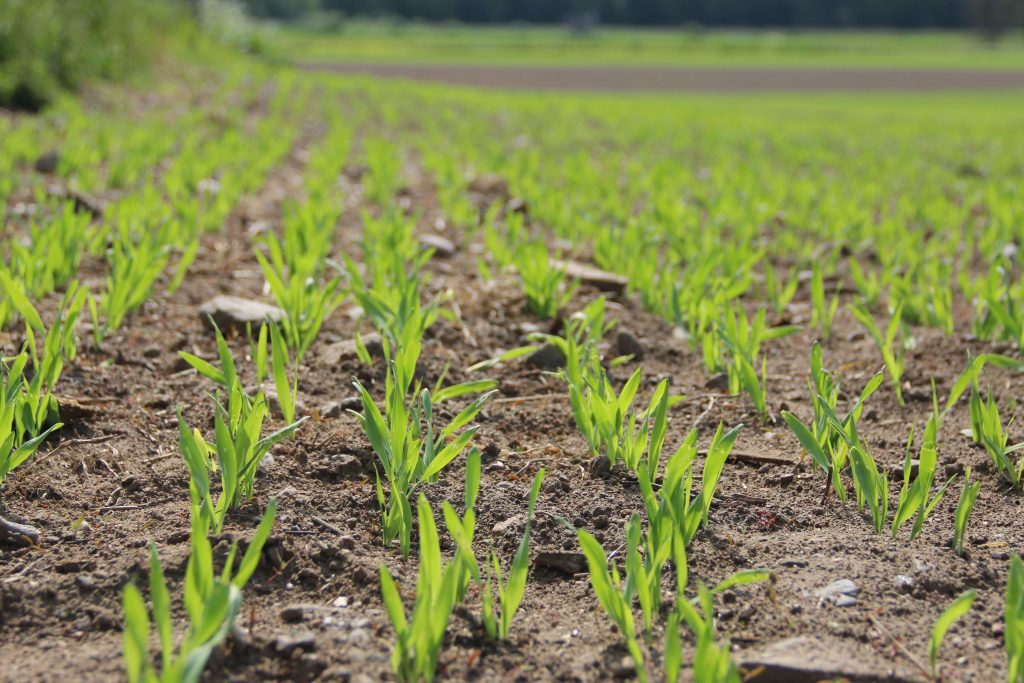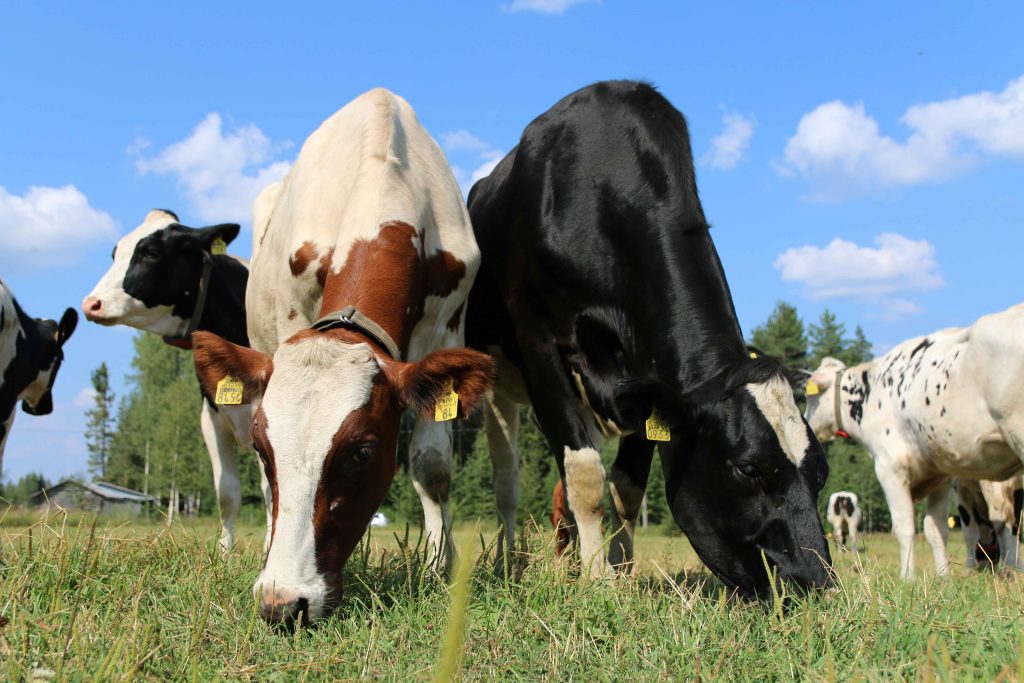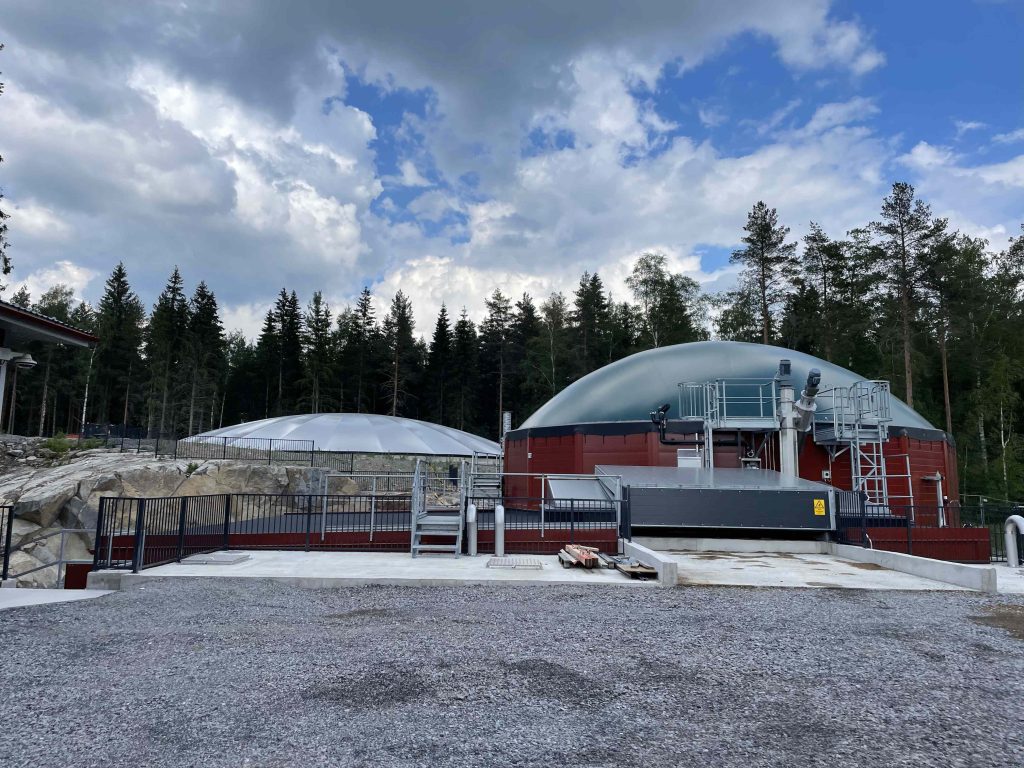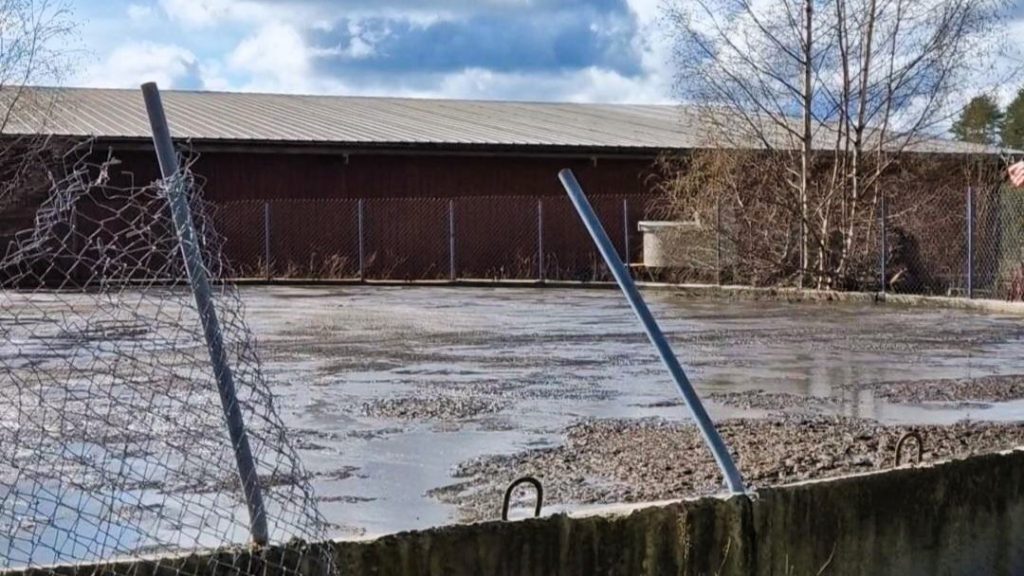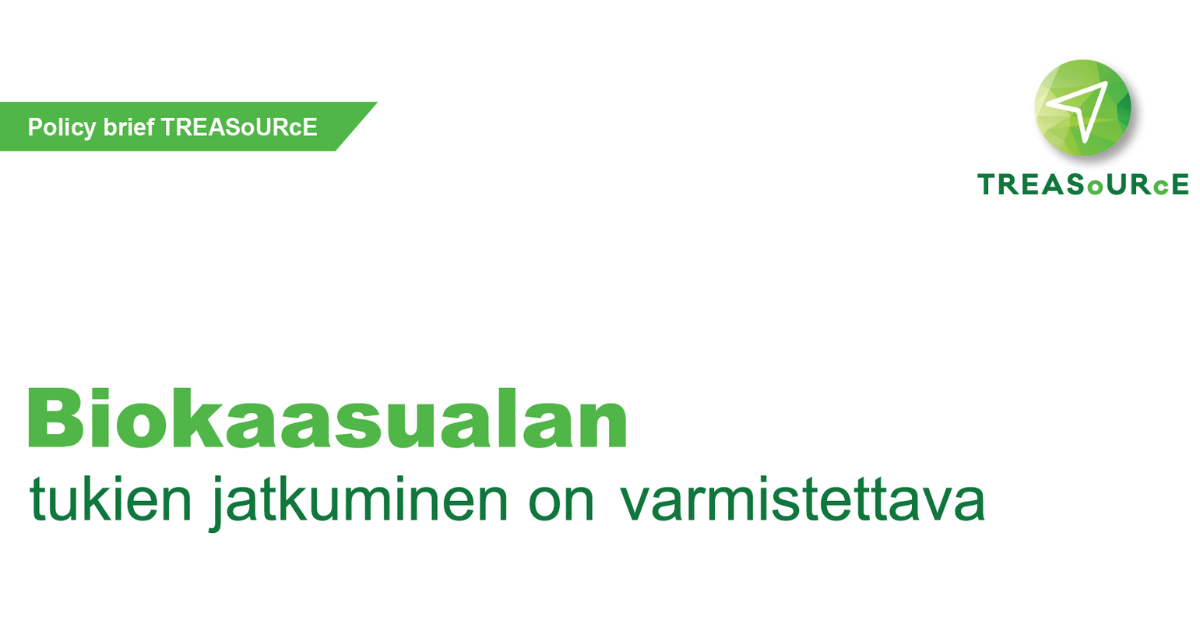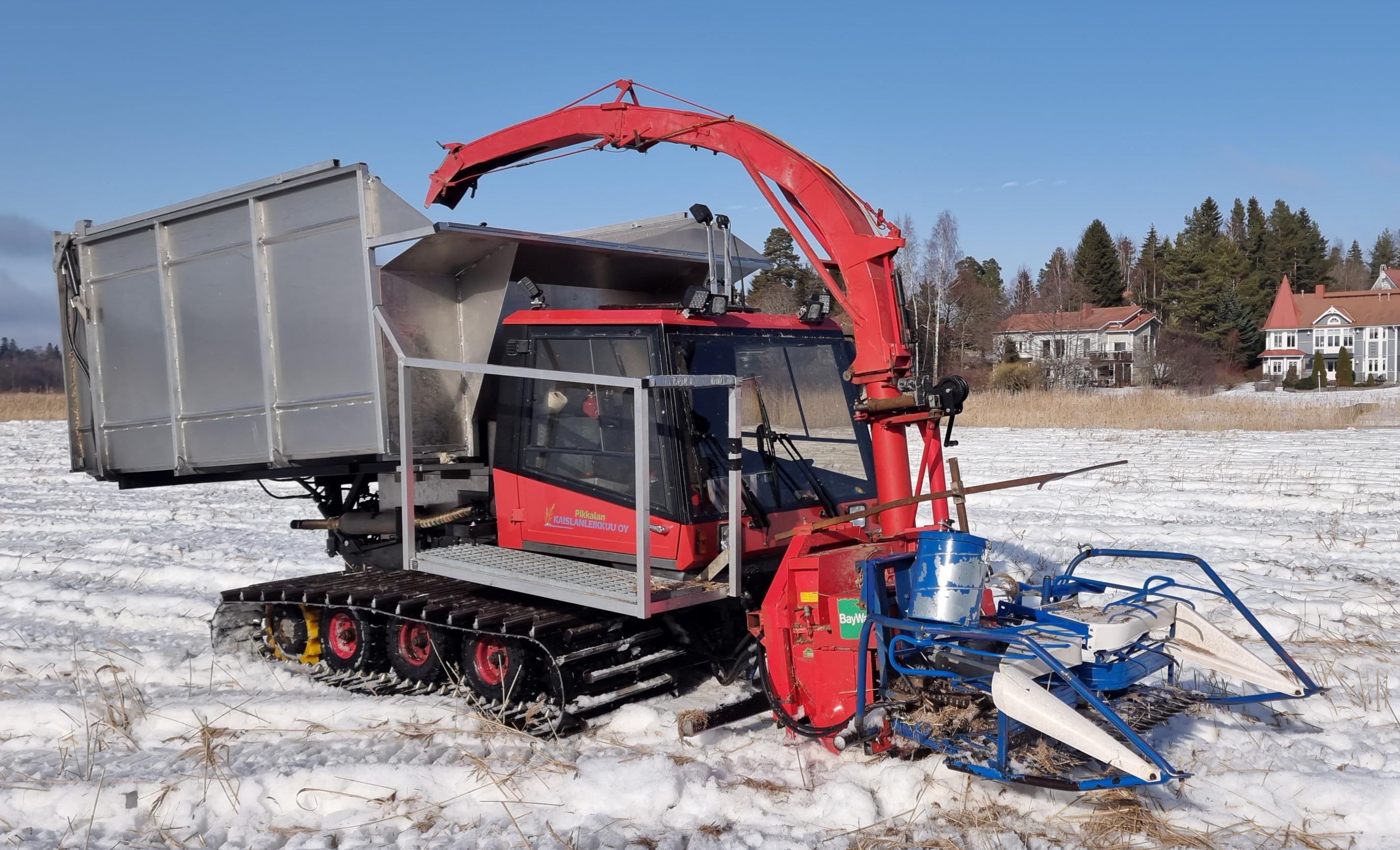Farm collaboration – efficiency, savings, flexibility
Collaboration is key to the development of agriculture and the promotion of the circular economy. Cooperation between farmers, companies, research institutions, and the public sector brings many benefits and helps address the challenges facing the sector. The first episode of MTK-Satakunta’s Power for the Future video series highlights farm-to-farm collaboration. Farmers Matti Levonen and Matias […]
Farm collaboration – efficiency, savings, flexibility Read More »
